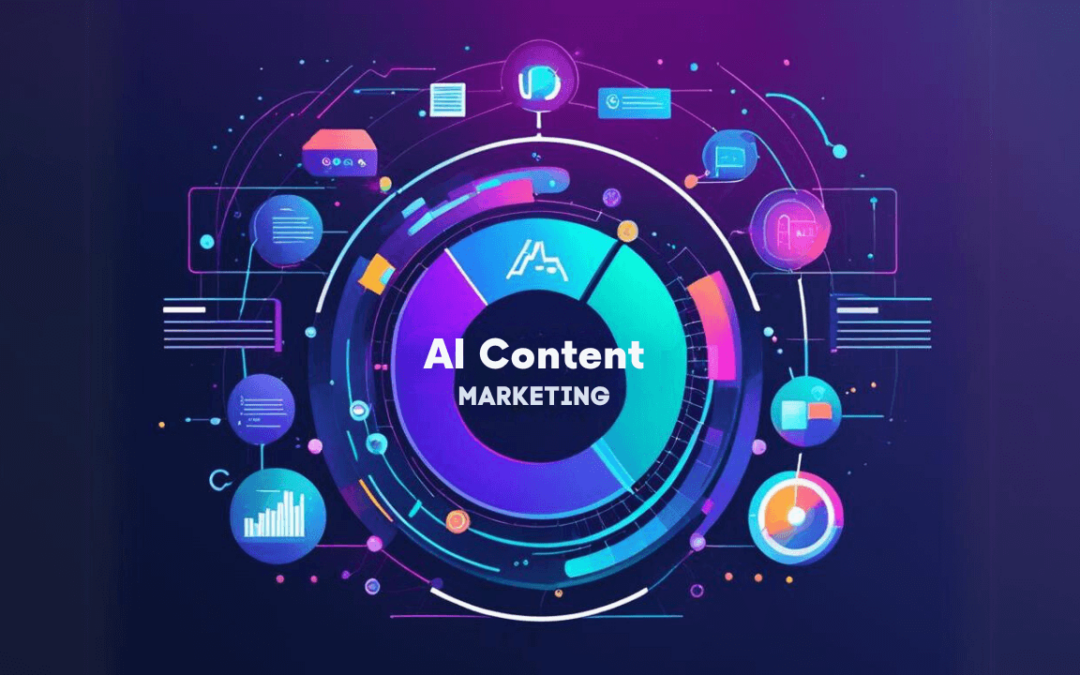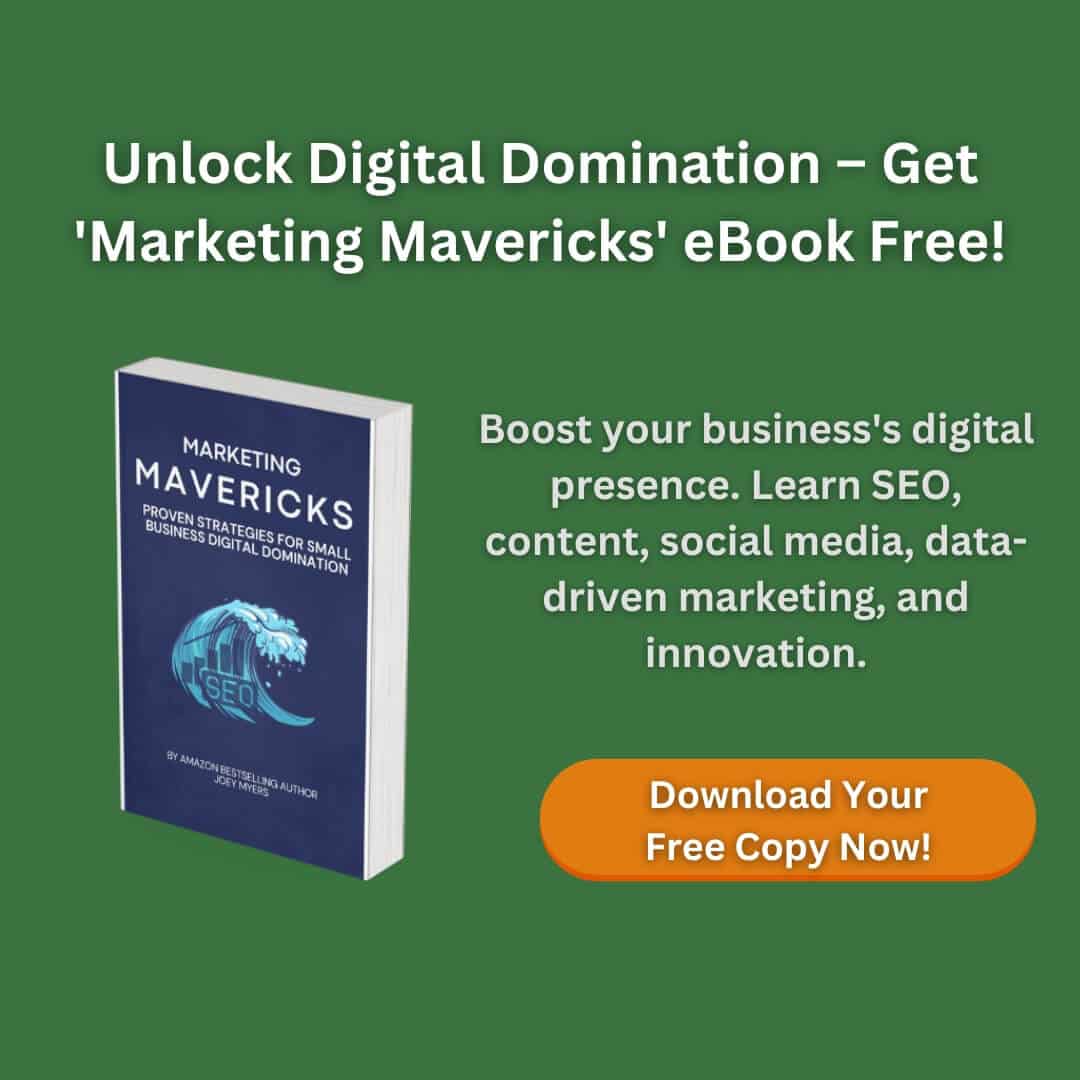Why Less Data Might Lead to Better AI Marketing
In today’s fast-changing digital world, marketers are always looking for new ways to connect with their audience and boost engagement. Artificial intelligence (AI) is changing the game by bringing new tools to marketing. But have you thought about how AI can make your content better and tailor your campaigns for more impact?
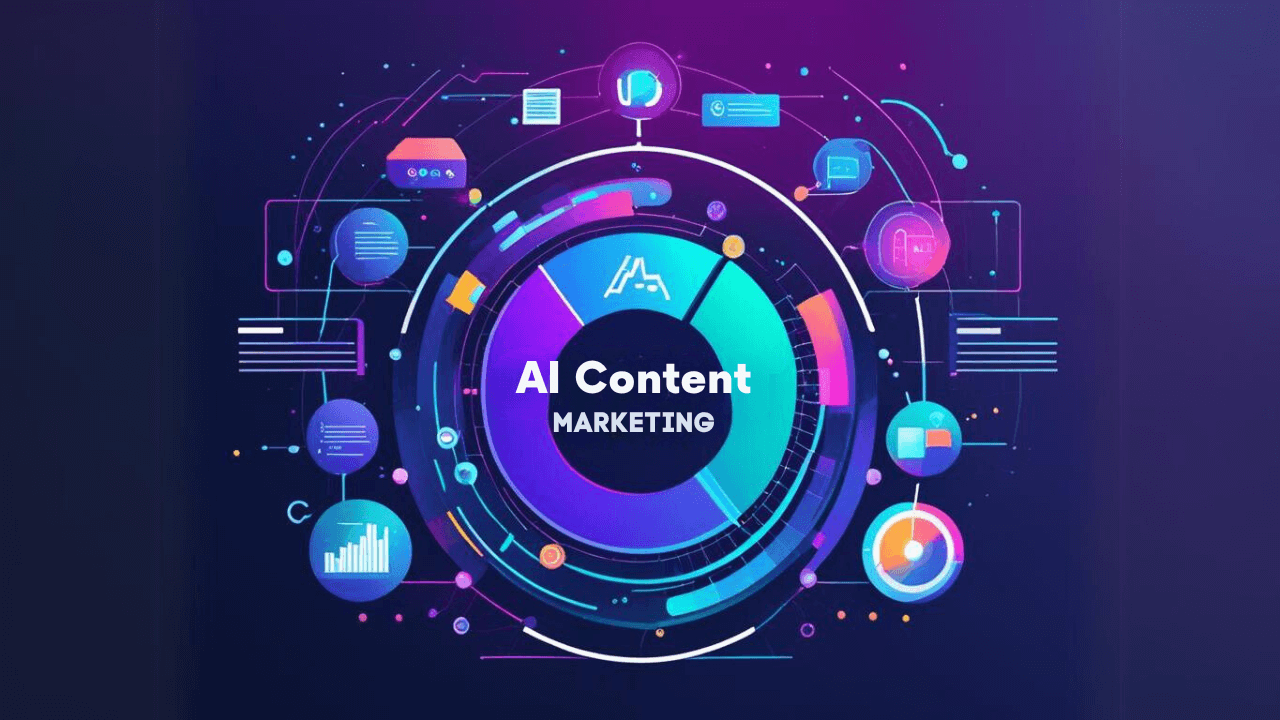
More and more, AI is becoming a key part of marketing. Savvy brands use data-driven insights to make their content strategies better and personalize their campaigns. With AI, marketers can tap into new ways to boost their marketing success and get a better return on investment (ROI)1.
This article will show how AI is changing digital marketing. It helps marketers make content that grabs attention, feels personal, and works better. We’ll look at the latest AI technologies that are changing how brands talk to their audience.
Key Takeaways
- Discover how AI-powered tools can enhance your content strategy and campaign optimization
- Learn how to leverage data-driven insights to personalize your marketing efforts
- Explore the latest AI technologies that are revolutionizing the marketing industry
- Understand the impact of AI on content marketing strategies and customer engagement
- Gain insights into the ethical considerations and responsible AI adoption in marketing
The Rise of AI in Marketing
AI in marketing is growing fast as companies use data-driven insights to boost their content and strategies. Woodside Energy, an Australian energy company, saw its production drop slightly to 44.4 million barrels of oil equivalent (Mmboe) in the second quarter. This was from 44.5 Mmboe the year before. Yet, its total revenues fell to $3.03 billion from $3.08 billion, showing how crucial data analytics and production optimization are in the energy sector2.
Woodside Energy’s Production and Revenue Figures
Woodside Energy is set to meet its full-year production goal of 185-195 Mmboe. This highlights the power of data-driven decision-making and revenue impact in the energy industry2. As AI in marketing grows, companies use advanced tech to boost their performance and stay ahead.
| Metric | Q2 2022 | Q2 2021 |
|---|---|---|
| Production (Mmboe) | 44.4 | 44.5 |
| Total Revenues ($ billion) | 3.03 | 3.08 |
“AI development has shown potential in improving healthcare systems, such as early dementia detection solutions.”
The use of AI in marketing is changing the game, helping companies make better decisions and boost their revenue impact. As AI keeps getting better, the future of marketing will be all about data and AI.
Natural Language Processing and Conversational AI
NLP and conversational AI are changing how companies talk to customers. Hugging Face, a top AI startup, has grown into the biggest place for AI creators. It has over 773,000 models and 179,623 open datasets3.
Hugging Face’s AI Community and India’s Prominence
Jeff Boudier, who leads products at Hugging Face, says India has a huge number of AI developers, second only to the U.S4. This shows India’s big role in the AI world. More people can use open-source AI now, making it easier for marketers to improve their content and talk to customers better3.
Marketers are using open-source AI tools like Hugging Face to create new things and connect better with customers.4
“India’s AI developer community is growing fast, adding a lot to the global AI scene. This brings more talent and open-source tools, changing marketing. Brands can now give customers more personal and interesting content.”
As more people use AI, marketers need to keep up with new NLP and conversational AI tech. This helps them grab their audience’s attention and stay ahead3.
Predictive Analytics and Personalized Marketing Campaigns
In today’s fast-paced marketing world, AI-powered predictive analytics are key for marketers wanting to boost their content and results. These tools help marketers understand what customers like, what they might do next, and how to connect with them better2.
Using predictive analytics and personalized marketing changes the game for businesses big and small. AI algorithms can analyze huge amounts of data, spotting trends that help marketers meet customer needs with their content2. This approach makes marketing more effective, keeps customers interested, and boosts the return on marketing investments2.
For predictive analytics and personalized marketing to work well, having good customer data and managing it well is key. Fixing data issues early on is vital for AI-driven marketing success, just like it is in digital and healthcare fields2.
“The key to unlocking the true potential of AI in marketing lies in the quality and management of customer data. By prioritizing data governance and leveraging predictive analytics, marketers can craft personalized campaigns that resonate with their target audience and drive meaningful business growth.”
As marketing changes, using predictive analytics and personalized marketing together will be more important for businesses to stay ahead and give great customer experiences2.
Customer Sentiment Analysis and AI Marketing Solutions
In today’s marketing world, customer sentiment analysis is key. It uses AI to understand how people feel about a brand and its products. This helps marketers make better content and strategies2.
AI marketing solutions and customer sentiment analysis work together well. For example, Yahoo’s notification panel uses AI to give users content they like2. Users can adjust the panel to get updates that match their interests better.
Yahoo’s Notification Panel and Configurations
Yahoo’s notification panel uses AI marketing solutions to give users content they want. It looks at what users like and shows them news and updates that fit their interests2. Users can change the panel to get content that’s more engaging and relevant.
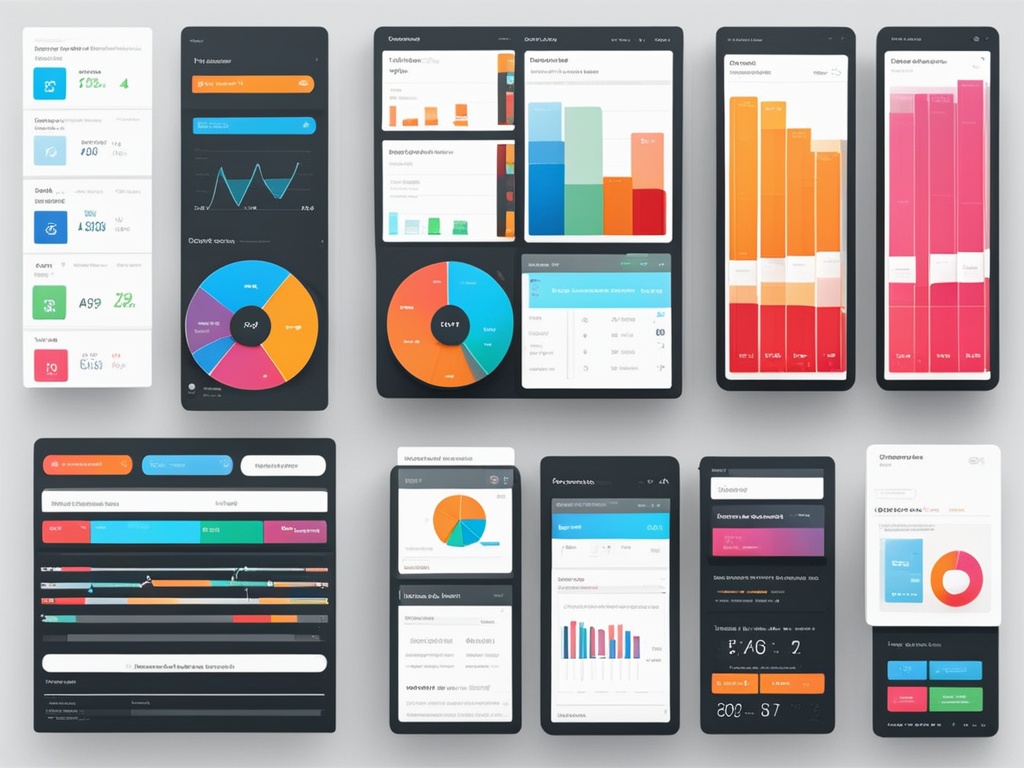
Using customer sentiment analysis and AI marketing solutions is key in today’s digital marketing. It helps marketers understand their audience better and make more effective campaigns2. The future of marketing is about combining human creativity with AI to connect with customers in new ways21.
Automated Content Generation and AI-Powered Marketing Automation
The digital world has changed a lot, thanks to artificial intelligence (AI). INAI Cloud is leading the way with tools that use natural language and machine learning. These tools make making content easier across text, video, audio, and graphics5. They help businesses automate tasks like social media and making brand experiences personal.
5 Businesses get to use an easy interface with tools like video editors and AI speaking heads5. There are also tools for LinkedIn, X, and WordPress automation. These tools help marketers make great content quickly and at a large scale.
5 The AI Image Generator and AI Voiceover tools help make content for different languages easily5. The Character AI tool makes personalized brand characters to improve customer interactions and loyalty5. Voice cloning and text-to-audio tools let businesses make audio content that feels personal.
6 CleverlyBox is another AI tool that offers a one-time payment, unlike many email marketing services6. It gives users their own IP addresses to keep emails from being marked as spam6. CleverlyBox uses AI to make email campaigns and work with services like Amazon SES and SendGrid.
6 The platform has great analytics to track how well campaigns do6. It’s easy to use, even for beginners, thanks to a drag-and-drop interface and templates.
7 Momento, a new company, got $15 million in funding in 20217. It offers a free plan for businesses of all sizes7. Big names like CBS and Taco Bell use Momento, showing its impact.
As technology changes, using automated content and AI in marketing is key for businesses. These tools help make content strategies better, improve campaign success, and support growth. By using these technologies, marketers can offer unique brand experiences and reach their audience in new ways.
Voice Search Optimization and Machine Learning for Marketing
Voice search is getting more popular, and smart marketers are using artificial intelligence (AI) and machine learning to make their content better for it8. AI tools analyze what users search for and what they want. This helps marketers make content that’s easy to find and engaging through voice searches8.
Event Delegation and Performance Optimization
Machine learning helps with more than just voice search. It can also make marketing tasks like event delegation and performance optimization better8. Advanced algorithms can do some tasks on their own. This lets marketers focus on big-picture strategies and ensures campaigns work well8.
For instance, event delegation with machine learning can send customer questions to the right team fast, making customers happier8. Performance optimization algorithms can also look at data in real-time. They adjust things like ad placement and content to get better results8.
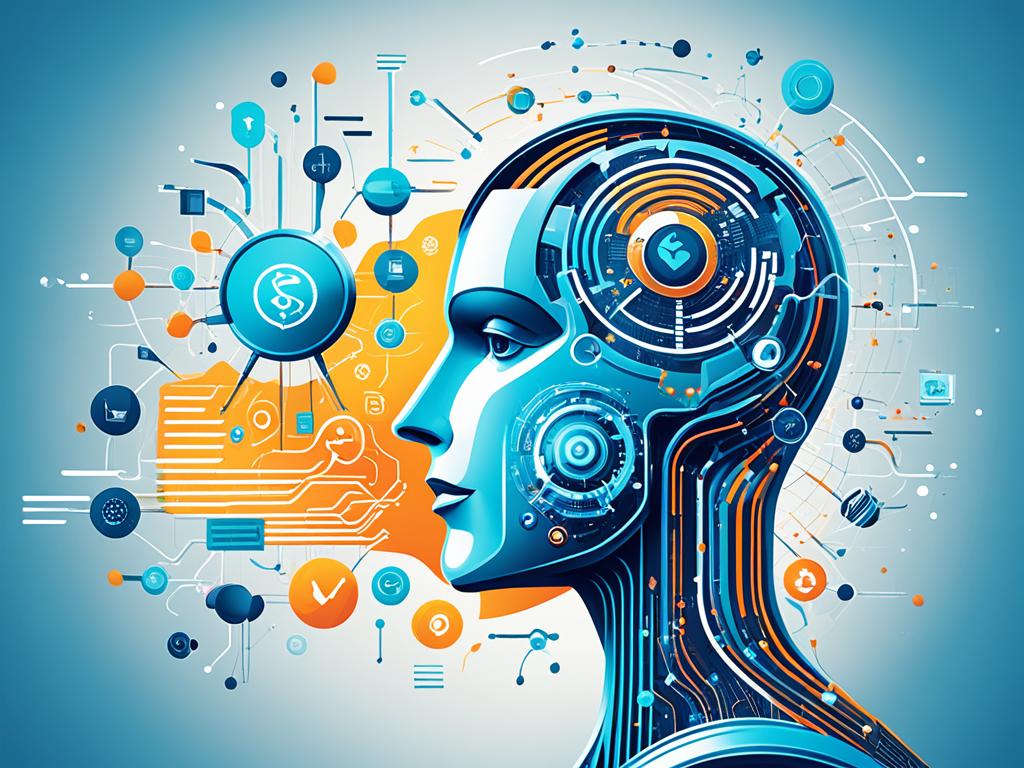
Using AI and machine learning, marketers can lead the way in giving their audience better, more tailored experiences8. As marketing changes, these technologies will be key to successful campaigns8.
“Integrating AI and machine learning into our marketing strategy has been a game-changer. We’ve seen significant improvements in campaign performance, customer engagement, and overall marketing ROI.”
The Impact of AI on Content Marketing Strategies
AI content marketing has changed how marketers make, share, and optimize content. AI tools give marketers deep insights into what consumers like and need. This helps them make content that really speaks to people2.
AI also makes making content faster, sends it out automatically, and gives instant feedback on how well it’s doing. This leads to more customer engagement and a higher marketing roi2.
In real estate, AI boosts content marketing a lot9. It looks at lots of data to find potential clients with 80% accuracy9. This means real estate pros can focus their efforts better, getting better results9.
In law, AI helps give answers in many languages on employment law10. As AI gets better, it will change content marketing more, giving marketers new ways to reach people and get the marketing roi they want10.
“The integration of AI into content marketing strategies has revolutionized the way marketers approach content creation, distribution, and optimization.”
Ethical Considerations and Responsible AI Adoption
The use of ethical AI in marketing is growing fast. It’s key to think about the effects and adopt AI responsibly. Jeff Boudier from Hugging Face talks about the need for open-source ai models. These models stop AI power from getting too concentrated and make sure more people can use the tech.11 Using open-source ai models helps marketers be more open, work together, and use AI in a good way.
The Importance of Open-Source AI Models
Using ai accessibility through open-source ai models is key for responsible AI use in marketing. These models make things clear and help people work together and come up with new ideas in marketing12. By using open-source ai models, marketers can understand how the algorithms work and spot any biases. This helps them make better choices and use ethical ai.
Also, open-source ai models make AI available to more marketers, even those from small companies or with less money. This makes AI marketing more diverse and includes everyone, not just the big companies13.
“By embracing open-source AI solutions, marketers can foster greater transparency, collaboration, and ethical practices in the development and application of AI-driven marketing tools and strategies.”
As we move forward with ai-driven marketing, thinking about the right way to use AI is crucial. Choosing open-source ai models is a big step towards being responsible. It helps with being clear, making things accessible, and using AI the right way in marketing.111213
AI Marketing Solutions: Challenges and Opportunities
Marketers are diving into AI, finding a fine line between benefits and challenges. Data privacy is a big worry14. They use customer data for personalized ads, so they must follow strict rules and gain trust with their audience.
Finding the right AI experts is tough14. AI needs special skills, and companies often struggle to find and keep these experts. Working together and sharing knowledge can help solve this problem.
But AI brings big chances for marketing. It helps make content more personal and insightful14. Predictive analytics and customer feedback make marketing more effective14. Automation and machine learning make tasks easier, letting marketers focus on big projects.
By using AI, marketers can lead their companies to success in the fast-changing digital world14. But, they must use AI wisely, solving problems and putting their customers first.
“AI is described as the single biggest opportunity to transform healthcare since antibiotics.”14
The marketing world is always changing, and AI will be key to innovation and staying ahead. By facing challenges and using AI’s chances, marketers can achieve great success and give their customers amazing experiences.
| AI Marketing Challenges | AI Marketing Opportunities |
|---|---|
| Data Privacy Concerns | Personalized Content Strategies |
| Specialized AI Talent Acquisition | Predictive Analytics and Targeted Campaigns |
| Integration into Existing Workflows | Automated Tasks and Streamlined Processes |
Integrating AI into Existing Marketing Workflows
Adding AI to marketing can change the game, but it needs a smart plan. Marketers should make sure AI fits well with their current systems and data. This way, they can use AI to make their campaigns better, automate tasks, and understand customer behavior and marketing success.
For AI to work well, it must match up with what marketers already do. This means looking at what AI can do and where it can help, like with ai integration, data management, campaign optimization, and performance tracking15. By doing this, marketers can make things run smoother, cut down on manual work, and make choices based on data.
It’s also important that AI can handle and understand the data well. Marketers need to make sure their data management systems work well with AI tools. This lets the AI make smart suggestions16. This can make campaign optimization and performance tracking more accurate, helping the marketing plan work better.
Getting AI to work right also means managing change well. Marketers should teach their teams about AI’s benefits, show them how to use these tools, and make the switch smooth17. By encouraging a culture of innovation and using AI, marketers can find new ways to grow and succeed.
In short, adding AI to marketing workflows is a big task but it’s worth it. By making AI work with what marketers already do, they can get more efficient, improve their campaigns, and understand customers better. With a smart plan, AI can be a big help in reaching marketing goals.
Conclusion
AI-powered marketing solutions have changed how businesses plan their content strategy, campaign optimization, and marketing efforts. They use data-driven insights, natural language processing, and predictive analytics. This helps marketers make better content, tailor campaigns, and engage with customers better18.
As AI in marketing grows, it’s key for companies to use these technologies wisely and think about ethics1. By adding AI to their current processes, marketers can fully benefit from these new tools. This helps their businesses grow in a lasting way1.
The future of marketing is about combining AI-driven strategies. This lets businesses run more targeted, efficient, and data-based campaigns. By using AI marketing solutions, companies can improve their content strategy, make their marketing campaigns better, and stay competitive181.

